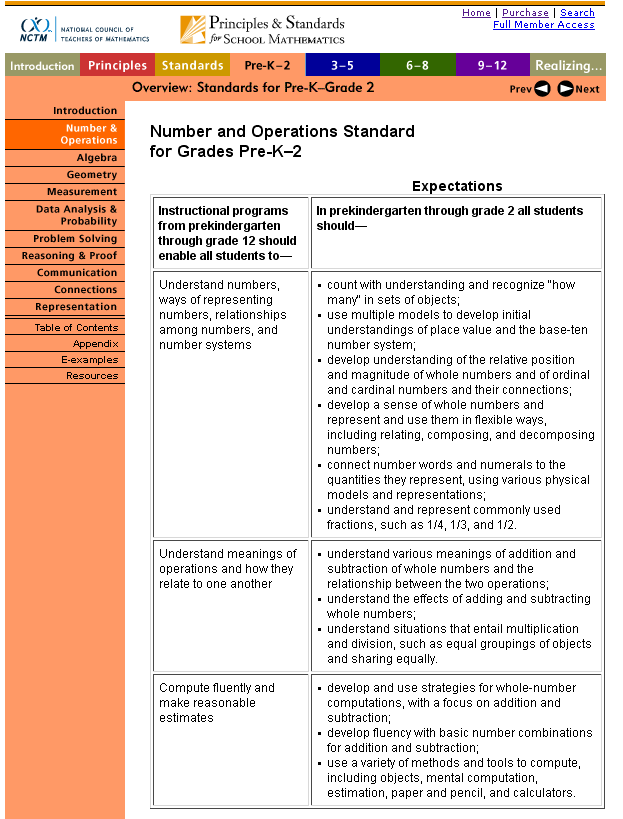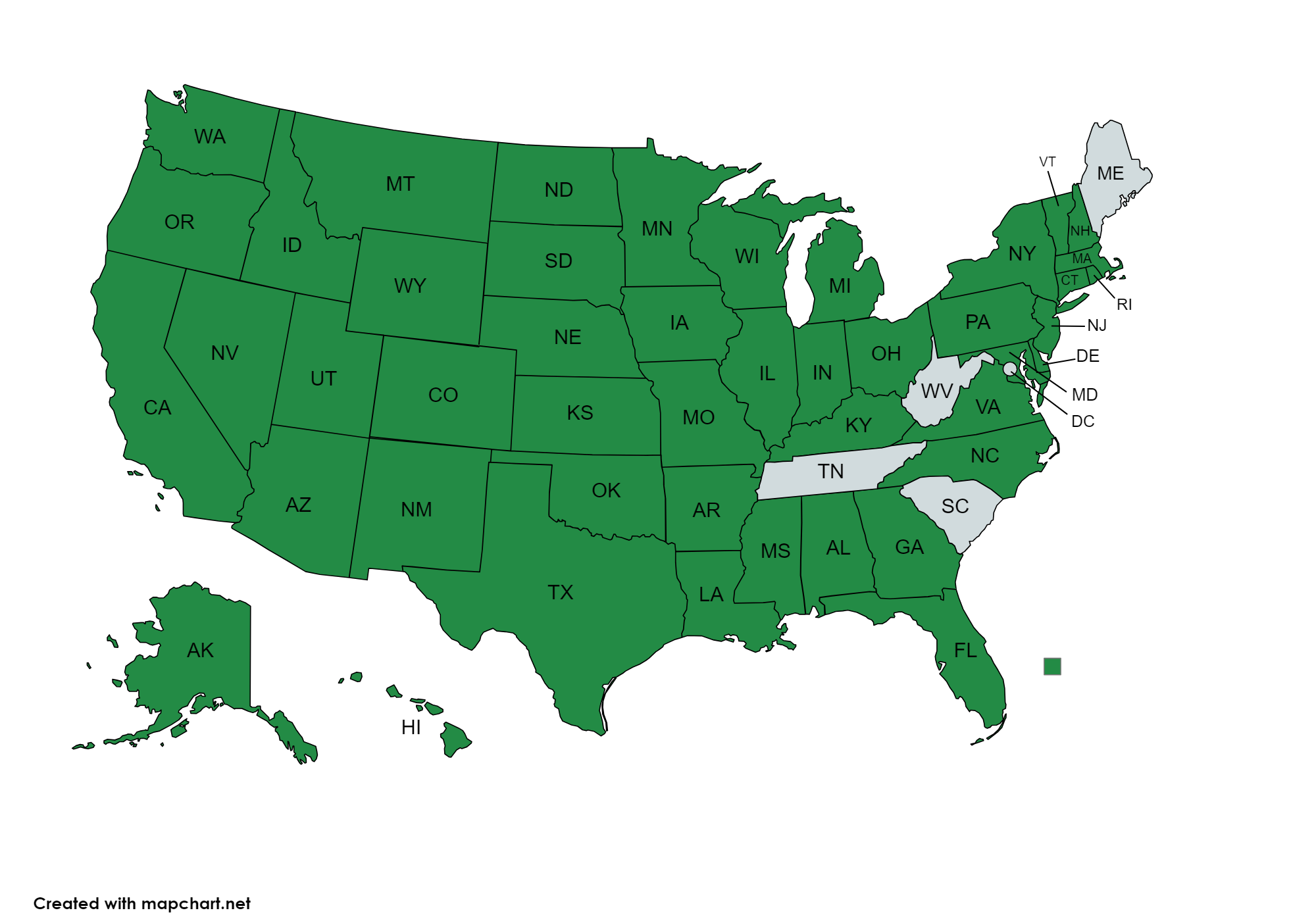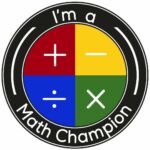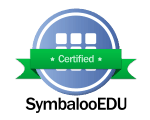Enjoy!
[youtube]http://youtu.be/Tp2nqf4A-XE[/youtube]Maths in Singapore
Learning from Singapore’s School Success
Policymakers in Utah have been attracted to the Singapore math curriculum for some time. A recent article in the Deseret News focused attention on what can be learned from the success of the educational system in Singapore. Reporter Celia Baker considered:
The island nation of Singapore transformed itself from a third-world country to an economic powerhouse in less than a half-century by concentrating on its education system.
(ed. after visiting Singapore in 2007, I believe this transformation took less than a generation.)
Although the article refers to ‘tiger mothers,’ it seems evident that the quality of the country’s curriculum is foremost in developing successful students. Baker cited a 2010 New York Times article that stated:
In contrast to the most common math programs in the United States, Singapore math devotes more time to fewer topics, to ensure that children master the material through detailed instruction, questions, problem solving, and visual and hands-on aids like blocks, cards and bar charts.
So, as Baker concludes, in Singapore, “Students develop a strong foundation in math under the system and can advance rapidly later on.”
Of note, in another article, reporter Baker also considered ways that Finland was able to revitalize its education system. Baker notes:
Stanford professor Linda Darling-Hammond said, “Thirty years ago, Finland’s education system was a mess. It was quite mediocre, very inequitable. It had a lot of features our system has: very top-down testing, extensive tracking, highly variable teachers, and they managed to reboot the whole system.”
What would it take to re-boot our system?
Why Singapore is another model for teaching excellence
The Christian Science Monitor is running a series entitled “What Makes a Teacher Good?” that includes articles on teacher pay, teacher training, and lessons from international schools. An example of a strong international education system is highlighted in the article: Why Singapore is another model for teaching excellence that discusses the way Singapore ensures that their teachers are truly highly qualified. Three U.S. visitors to Singapore were interviewed. Steven Paine, the superintendent of West Virginia’s schools:
asked a Singapore official about the basis of their math curriculum, she cited a standards framework put out by the National Council of Teachers of Mathematics – in the United States. West Virginia’s curriculum takes guidance from the same source, Mr. Paine says. “So the question remains, why is it that they lead the world in student achievement? I think it’s because of their teacher quality,” he says.
While teacher quality is a part of the success that Singapore has experienced, curriculum is another large part. The Singapore official may have cited the NCTM standards, however it’s clear that Singapore’s Ministry of Education has created a more refined framework document. The NCTM’s Principles and Standards for School Mathematics runs 402 pages for elementary and secondary while Singapore’s Ministry of Education can cover both primary and secondary in a concise, content-rich 82 pages.
From the NCTM online access for Principles and Standards:
From the MOE primary syllabus (Primary 1 is 1st grade):
As a teacher, which set of 1st grade standards would you prefer to follow?
Singapore: Crossroads of the East
A break from Singapore math for…Singapore history:
[youtube=http://www.youtube.com/watch?v=FvvhY6DtfZs]This 1938 documentary comes from The Travel Film Archive (via IZ Reloaded). The video…
…gives us a tour of the British colony of Singapore in 1938. It was filmed by Andre de la Varre who in the early 1930’s, went out on his own as “The Screen Traveler” and made theatrical shorts for independent release as well as for many of the major Hollywood Studios.
I originally found the video from a tweet by mySingapore which bills itself as “your one stop community site for everything Singapore.” If you are interested in developing a Professional Learning Network, Twitter is a great place to start – you never know what you’ll learn.
Enjoy!
You can follow me: Cassyt.




















